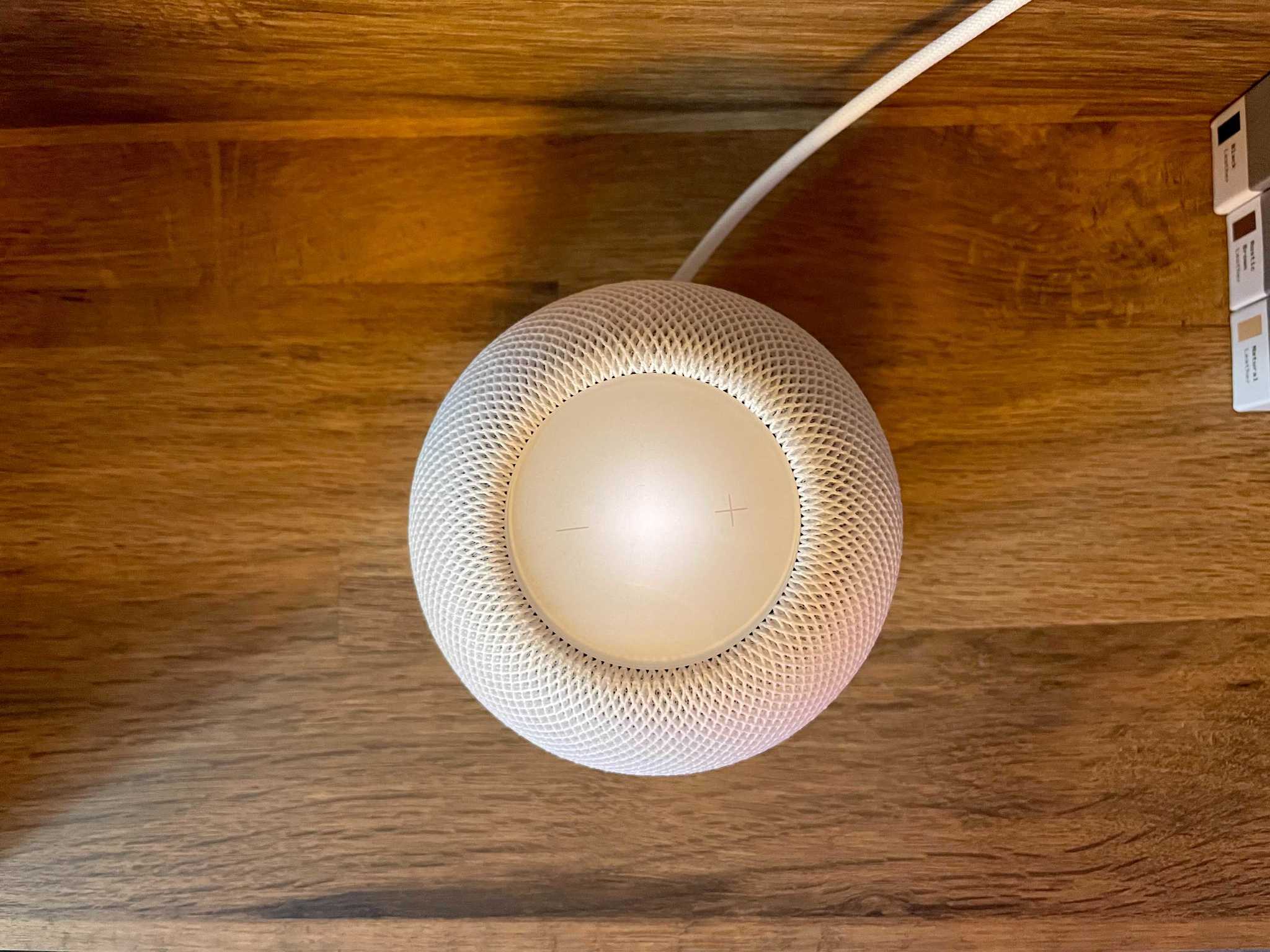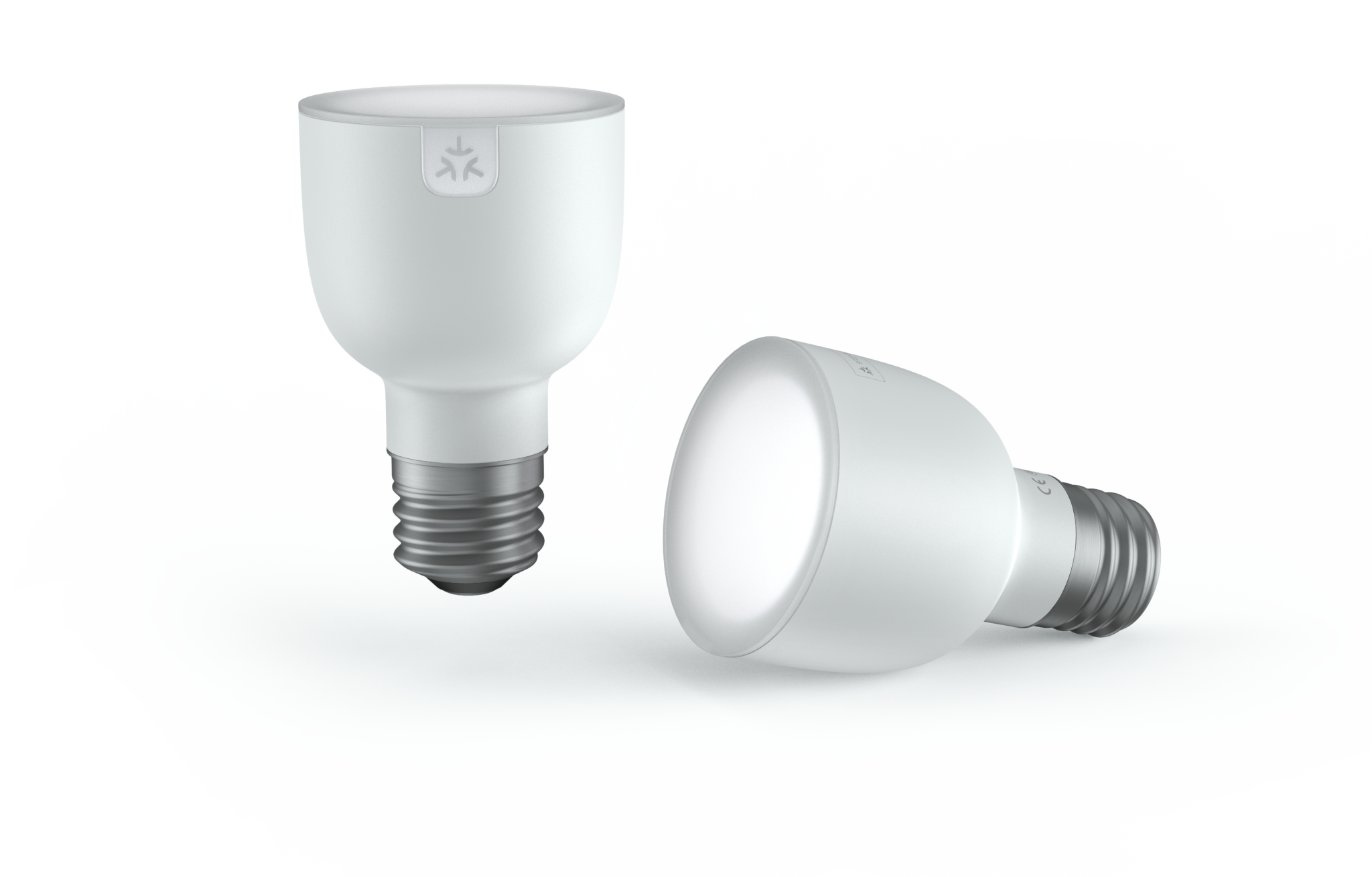Matter: Everything you need to know about the Apple-backed smart home standard
A new era in the smart home has arrived. Matter is a brand new connectivity standard that will revolutionize the way we buy and use smart home products. The standard sits over familiar brands like Apple’s HomeKit lineup, providing communication and interoperability in a way never seen before in the industry. It promises a future where you’ll be able to buy smart home products based only on their design, features, and usefulness without concern for whether they support a particular type of ecosystem or virtual assistant.
Matter is here, so here’s everything you need to know.
What is Matter?
Matter, formerly know as Project Connected Home over IP (CHIP), is a smart home connectivity standard. The new protocol is backed by Apple, Google, Amazon, and some other big names in the Connectivity Standards Alliance to increase interoperability between smart home devices across platforms. It also boasts the buy-in of some major smart home brands, such as popular light maker Nanoleaf, Netatmo, Eve, and more.
“This industry–unifying standard is a promise of reliable, secure connectivity—a seal of approval that devices will work seamlessly together, today and tomorrow.”
In theory, Matter would mean that popular devices from big-name brands like Ring Video Doorbells and Nest Smart Thermostats would work just as well with your Apple gear as the best HomeKit accessories do today. Companies you might have heard of that are already on board include Nanoleaf, Eve, ecobee, Brilliant, and more.
How does Matter work?
Matter is built upon Internet Protocol (IP) and will use existing networking technologies in an attempt to unify smart home platforms. That means Matter-certified devices will be using standard stuff like Wi-Fi, Bluetooth LE, and Thread to connect to your network and each other. As both Bluetooth and Wi-Fi technology advance, Matter will probably continue to incorporate new standards.
Manufacturers adopting Matter will be able to make their products compatible with Apple’s HomeKit, Amazon’s Alexa, and Google’s Assistant services easily without needing to support multiple protocols in parallel. As a user, the Matter logo will give you confidence that the product will work with your smart home, regardless of your ecosystem of choice. For Apple users, it means that you will no longer be limited to devices that only support Apple’s HomeKit, opening up new accessories you previously couldn’t use. Conversely, it will also mean devices reserved for HomeKit in the past will work with other ecosystems.
Will Matter work with HomeKit?
Yes. Since Apple is a member of the Connectivity Standards Alliance, Matter devices will work within the Home app and with Siri alongside standard HomeKit-enabled devices. Support for Matter is built into iOS 16, and developers can already begin adding support to their smart home apps.
Will Matter work with AirPlay 2?
When Matter was first unveiled, there was no specific mention about how it would interact with technologies like Apple’s AirPlay 2 or Google Cast. However, there have since been reports that a standardized casting system is going to be a part of the Matter spec which could serve to replace these proprietary systems with a platform-agnostic alternative.
That being said, manufacturers that sign up to work with Matter are under no obligation to implement all parts of the Matter spec so AirPlay could live on in Apple devices.
When will we see products that work with Matter?
Matter was officially launched on October 4, 2022. Which means we should start hearing about products that support it very soon.
Will Matter work with older smart home devices?
The transition details aren’t super clear right now, but, ultimately, whether or not your existing smart home devices gain Matter support will depend on the manufacturers and the specs of the individual products.
Since Matter works with existing tech standards like Wi-Fi and Bluetooth LE, it’s possible that a firmware update could be issued to devices to push out support for Matter. Devices released in the last few years probably have modern enough components to meet Matter’s requirements, but we’ll have to wait and see what existing products gain official support.
We’ve heard from a few manufacturers like Philips Hue, Yale, and Google’s Nest brand that they will add Matter support to existing devices, so there is cause for optimism. That being said, it’s also possible that device makers will want to withhold Matter support from old devices to prompt new purchases.
How does Matter work with Thread?

Thread is another hot buzzword in the smart home space right now. Thread is a mesh networking protocol that is built into newer smart home accessories like the HomePod mini and allows for more streamlined inter-device communication for speedier response times and a more reliable experience.
Thread will be one of many networking technologies that Matter will be built on top of, in addition to the likes of Wi-Fi, Bluetooth LE, and Ethernet. It’s not essential for Matter certification, though we’re likely to see more devices adopt Thread over time regardless.
Why does all this matter?
The smart home has been an ecosystem play since these products became mainstream. If you use Apple gear, equipping your home with HomeKit-compatible devices makes the most sense, but it also makes it more difficult (and expensive) to change your mind down the line. Android users may also spend a small fortune on products that play nicely with Google Assistant only to end up with unsupported devices should they decide to switch to iPhone.
Matter sets out to make these different ecosystems more interoperable. It has the backing of the major players in the smart home space, including Apple, Amazon, and Google, which should result in much greater freedom of choice for consumers and fewer headaches when it comes to buying the right devices. Since the exact implementation details are still unclear, there are reasons to think Matter both will and won’t matter for your smart home.
A new era in the smart home has arrived. Matter is a brand new connectivity standard that will revolutionize the way we buy and use smart home products. The standard sits over familiar brands like Apple’s HomeKit lineup, providing communication and interoperability in a way never seen before in the industry. It promises a future where you’ll be able to buy smart home products based only on their design, features, and usefulness without concern for whether they support a particular type of ecosystem or virtual assistant.
Matter is here, so here’s everything you need to know.
What is Matter?
Matter, formerly know as Project Connected Home over IP (CHIP), is a smart home connectivity standard. The new protocol is backed by Apple, Google, Amazon, and some other big names in the Connectivity Standards Alliance to increase interoperability between smart home devices across platforms. It also boasts the buy-in of some major smart home brands, such as popular light maker Nanoleaf, Netatmo, Eve, and more.
“This industry–unifying standard is a promise of reliable, secure connectivity—a seal of approval that devices will work seamlessly together, today and tomorrow.”
In theory, Matter would mean that popular devices from big-name brands like Ring Video Doorbells and Nest Smart Thermostats would work just as well with your Apple gear as the best HomeKit accessories do today. Companies you might have heard of that are already on board include Nanoleaf, Eve, ecobee, Brilliant, and more.
How does Matter work?
Matter is built upon Internet Protocol (IP) and will use existing networking technologies in an attempt to unify smart home platforms. That means Matter-certified devices will be using standard stuff like Wi-Fi, Bluetooth LE, and Thread to connect to your network and each other. As both Bluetooth and Wi-Fi technology advance, Matter will probably continue to incorporate new standards.
Manufacturers adopting Matter will be able to make their products compatible with Apple’s HomeKit, Amazon’s Alexa, and Google’s Assistant services easily without needing to support multiple protocols in parallel. As a user, the Matter logo will give you confidence that the product will work with your smart home, regardless of your ecosystem of choice. For Apple users, it means that you will no longer be limited to devices that only support Apple’s HomeKit, opening up new accessories you previously couldn’t use. Conversely, it will also mean devices reserved for HomeKit in the past will work with other ecosystems.
Will Matter work with HomeKit?
Yes. Since Apple is a member of the Connectivity Standards Alliance, Matter devices will work within the Home app and with Siri alongside standard HomeKit-enabled devices. Support for Matter is built into iOS 16, and developers can already begin adding support to their smart home apps.
Will Matter work with AirPlay 2?
When Matter was first unveiled, there was no specific mention about how it would interact with technologies like Apple’s AirPlay 2 or Google Cast. However, there have since been reports that a standardized casting system is going to be a part of the Matter spec which could serve to replace these proprietary systems with a platform-agnostic alternative.
That being said, manufacturers that sign up to work with Matter are under no obligation to implement all parts of the Matter spec so AirPlay could live on in Apple devices.
When will we see products that work with Matter?

Matter was officially launched on October 4, 2022. Which means we should start hearing about products that support it very soon.
Will Matter work with older smart home devices?
The transition details aren’t super clear right now, but, ultimately, whether or not your existing smart home devices gain Matter support will depend on the manufacturers and the specs of the individual products.
Since Matter works with existing tech standards like Wi-Fi and Bluetooth LE, it’s possible that a firmware update could be issued to devices to push out support for Matter. Devices released in the last few years probably have modern enough components to meet Matter’s requirements, but we’ll have to wait and see what existing products gain official support.
We’ve heard from a few manufacturers like Philips Hue, Yale, and Google’s Nest brand that they will add Matter support to existing devices, so there is cause for optimism. That being said, it’s also possible that device makers will want to withhold Matter support from old devices to prompt new purchases.
How does Matter work with Thread?

Thread is another hot buzzword in the smart home space right now. Thread is a mesh networking protocol that is built into newer smart home accessories like the HomePod mini and allows for more streamlined inter-device communication for speedier response times and a more reliable experience.
Thread will be one of many networking technologies that Matter will be built on top of, in addition to the likes of Wi-Fi, Bluetooth LE, and Ethernet. It’s not essential for Matter certification, though we’re likely to see more devices adopt Thread over time regardless.
Why does all this matter?
The smart home has been an ecosystem play since these products became mainstream. If you use Apple gear, equipping your home with HomeKit-compatible devices makes the most sense, but it also makes it more difficult (and expensive) to change your mind down the line. Android users may also spend a small fortune on products that play nicely with Google Assistant only to end up with unsupported devices should they decide to switch to iPhone.
Matter sets out to make these different ecosystems more interoperable. It has the backing of the major players in the smart home space, including Apple, Amazon, and Google, which should result in much greater freedom of choice for consumers and fewer headaches when it comes to buying the right devices. Since the exact implementation details are still unclear, there are reasons to think Matter both will and won’t matter for your smart home.
